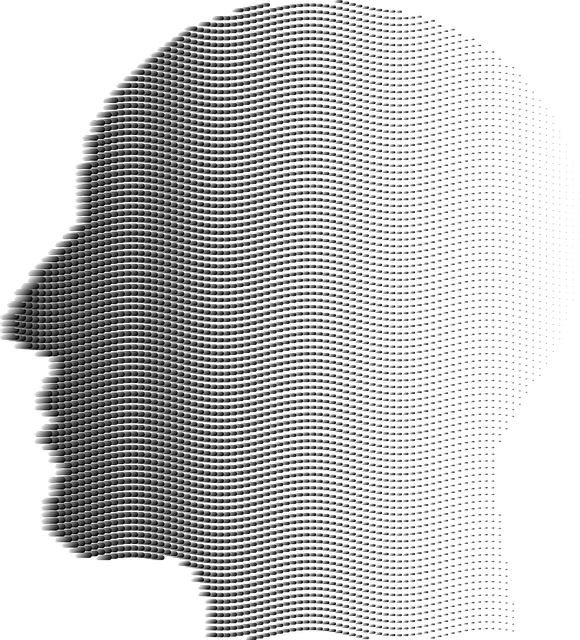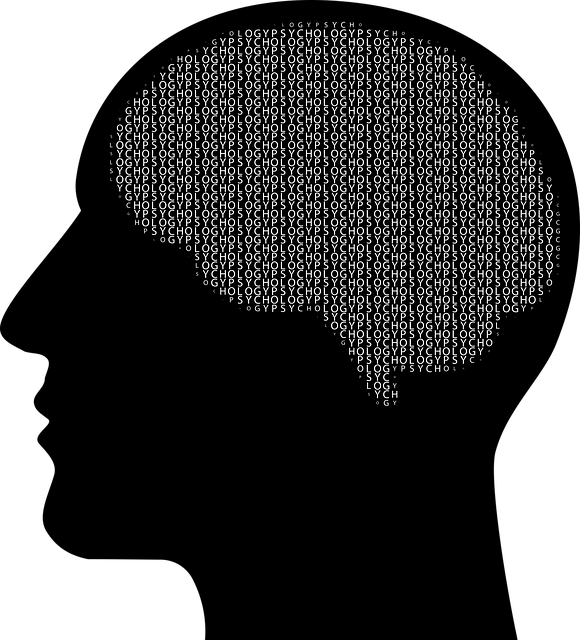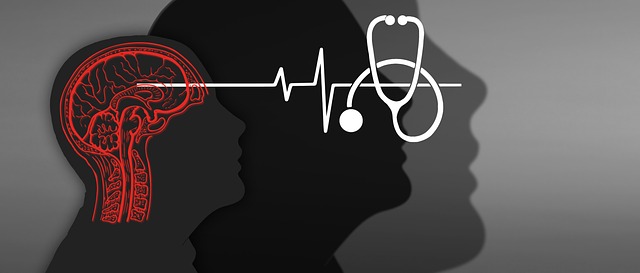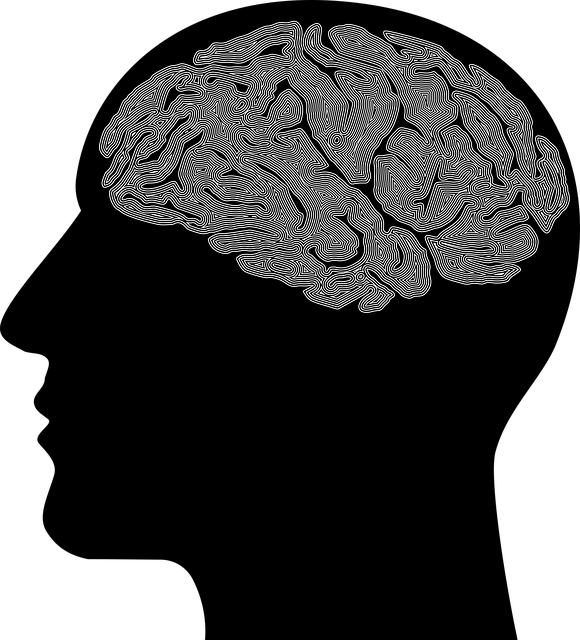Cultural competency is key to delivering high-quality healthcare in Louisville, especially for individuals with Functional Neurological Disorders (FNDs). Overcoming challenges like language barriers and cultural differences requires sensitive approaches, including tailored therapy methods. Organizations like the Stress Management Workshops Organization offer guidance. Training involves workshops, case studies, and role-playing to address racial bias and diverse learning needs. Success measurement includes client feedback, clinical observations, and tracking symptom improvements via structured questionnaires. Regular professional development ensures therapists stay updated, enhancing outcomes for Louisvillians with FNDs and promoting mental wellness in the diverse community.
In today’s diverse healthcare landscape, cultural competency is no longer an option but an essential requirement. This is especially true for practices focusing on Louisville Functional Neurological Disorder (FND) therapy, where patients come from various cultural backgrounds. This article explores the crucial concept of cultural competency in healthcare, its impact on patient care, and specific challenges faced by Louisville FND therapists. We provide best practices for comprehensive training programs and offer strategies for continuous improvement to enhance patient outcomes.
- Understanding Cultural Competency in Healthcare: A Need for Louisville's Functional Neurological Disorder Therapy Practices
- Defining Cultural Competency and Its Impact on Patient Care
- Identifying Challenges in Providing Cultural Competent Care to Diverse Populations
- Best Practices for Implementing Comprehensive Training Programs
- Measuring Success and Continuous Improvement Strategies for Louisville FND Therapists
Understanding Cultural Competency in Healthcare: A Need for Louisville's Functional Neurological Disorder Therapy Practices

In the realm of healthcare, cultural competency is a vital aspect that Louisville’s Functional Neurological Disorder Therapy practices must embrace to provide quality care. This concept refers to the ability to understand, appreciate, and effectively interact with individuals from diverse cultural backgrounds, including those with unique neurological conditions like functional neurological disorders (FNDs). FNDs, often misunderstood, require a nuanced approach to therapy, considering cultural influences that may shape patients’ experiences and perceptions of their symptoms.
Louisville’s mental wellness scene can greatly benefit from increased cultural competency in its therapy practices. This involves recognizing the impact of cultural beliefs on seeking treatment, understanding language barriers, and adapting therapeutic methods to suit diverse needs. For instance, a well-rounded Louisville Functional Neurological Disorder Therapy practice could incorporate elements from the Mental Wellness Podcast Series Production and Public Awareness Campaigns Development initiatives to educate the community, dispel myths, and encourage open conversations about FNDs. Such efforts contribute to a more inclusive healthcare environment, ensuring that everyone, regardless of cultural background, receives compassionate and effective care for their mental wellness journey.
Defining Cultural Competency and Its Impact on Patient Care

Cultural competency is a crucial aspect of healthcare delivery that involves understanding and respecting diverse cultural backgrounds, beliefs, and values among patients and their families. It transcends mere knowledge of different cultures; it entails incorporating this understanding into clinical practice to enhance patient care and outcomes. This concept is especially pertinent in areas like Louisville, where a diverse population may include individuals with functional neurological disorders (FNDs), mental illnesses, or other unique cultural needs.
When healthcare providers exhibit cultural competency, they can improve patient interactions and decision-making processes. For instance, recognizing emotional intelligence and its role in communication fosters better relationships, leading to more accurate risk assessments for mental health professionals. Moreover, addressing the pervasive issue of mental illness stigma reduction efforts through culturally sensitive approaches can encourage patients to seek therapy for FNDs or other conditions, ultimately enhancing their well-being.
Identifying Challenges in Providing Cultural Competent Care to Diverse Populations

Providing culturally competent care to diverse populations presents several challenges for healthcare providers, especially in an increasingly heterogeneous society like Louisville. One significant hurdle is understanding and respecting varied cultural beliefs, values, and practices related to health and wellness. For instance, individuals with functional neurological disorders (FND) may have unique cultural backgrounds that influence their perception of symptoms, treatment preferences, and communication styles. Healthcare professionals must be adept at interpreting these nuances to deliver effective therapy, such as Louisville Functional Neurological Disorder Therapy.
Additionally, navigating language barriers and ensuring accessible communication is crucial. Many patients in diverse communities may not speak the dominant language fluently, hindering open dialogue with healthcare providers. Organizations like the Stress Management Workshops Organization and Mental Health Education Programs Design offer valuable crisis intervention guidance and resources to address these challenges. These initiatives aim to equip both healthcare staff and patients with tools to overcome communication gaps, fostering an environment where every individual receives respectful, culturally sensitive care tailored to their specific needs.
Best Practices for Implementing Comprehensive Training Programs

Implementing comprehensive cultural competency training programs is a multifaceted process that requires strategic planning and consistent execution. Best practices involve integrating diverse learning methods, such as workshops, case studies, and role-playing exercises, to cater to various learning styles. These interactive sessions should delve into essential topics like racial bias awareness, ethical communication, and understanding cultural expressions of distress, all while fostering a safe space for open dialogue.
Louisville functional neurological disorder therapy centers can play a pivotal role in enhancing mental health services by training professionals to recognize and address cultural nuances. Incorporating Inner Strength Development techniques and Mental Health Awareness sessions ensures that practitioners gain valuable insights into different communities’ unique challenges and strengths. Moreover, regular risk assessments for mental health professionals should be conducted to identify potential biases or barriers, thereby promoting a more inclusive healthcare environment.
Measuring Success and Continuous Improvement Strategies for Louisville FND Therapists

Measuring success in Louisville Functional Neurological Disorder (FND) therapy goes beyond quantifiable outcomes. It involves a multifaceted approach that includes client feedback, clinical observation, and tracking improvements in symptoms related to FND. Therapists can employ various methods to gauge progress, such as structured questionnaires, semi-structured interviews, and standardized measures specific to functional neurological disorders. Regularly collecting this data enables practitioners to identify areas where they excel and aspects that may require refinement, fostering a culture of continuous improvement.
For Louisville FND therapists, continuous improvement strategies can include peer review sessions, mentorship programs, and regular attendance at professional development workshops or mental wellness podcast series production focusing on emotional healing processes. By staying updated with the latest research and techniques in depression prevention, therapists can enhance their skills, better serve their clients, and ultimately contribute to improved mental wellness outcomes for individuals navigating FND.
Louisville’s functional neurological disorder (FND) therapy practices can significantly enhance patient care by prioritizing cultural competency. By addressing the identified challenges and adopting best practices, therapists can effectively navigate diverse patient backgrounds, ensuring inclusive and equitable treatment. Continuous improvement through measurement and evaluation is key to staying responsive to Louisville FND patients’ evolving needs, fostering a more harmonious therapeutic environment.













